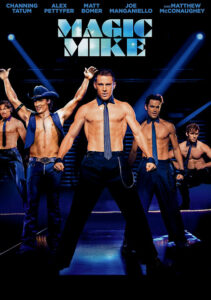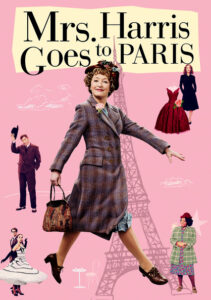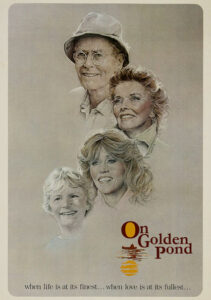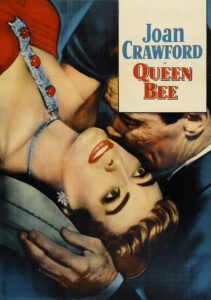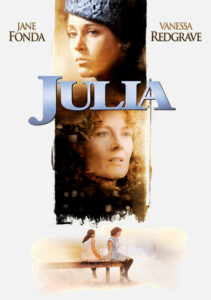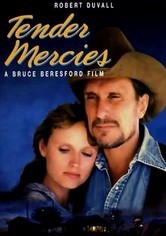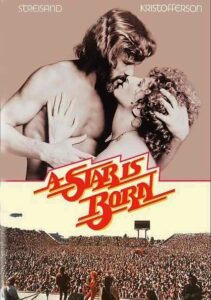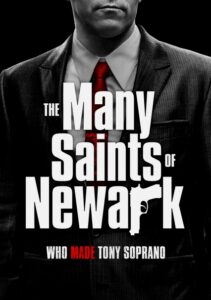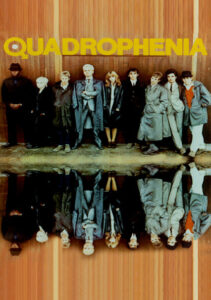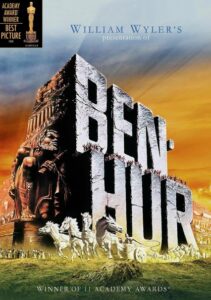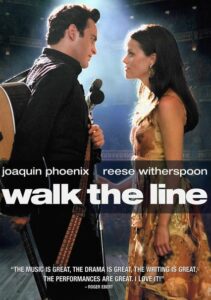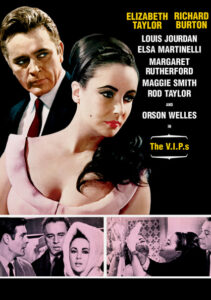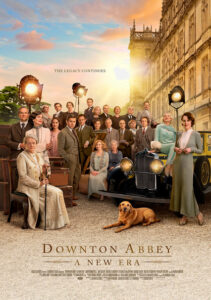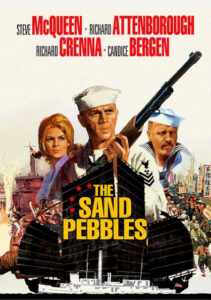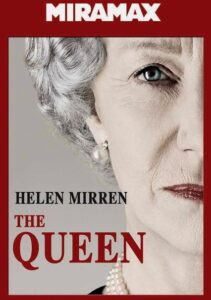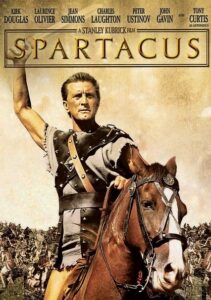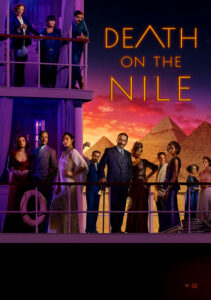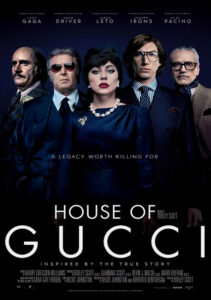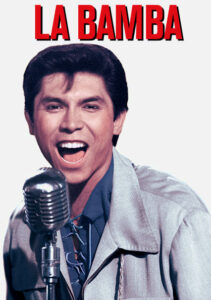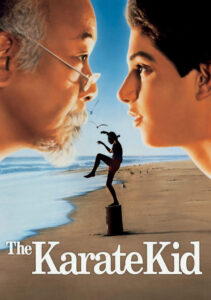Magic Mike-2012
Director Steven Soderbergh
Starring Channing Tatum, Matthew McConaughey
Scott’s Review #1,302
Reviewed September 28, 2022
Grade: B
In 2012, Channing Tatum was a major Hollywood star. He was cast in starring roles focused on his looks but parts that also allowed him to showcase sensitivity and even some acting chops.
Magic Mike (2012) takes Tatum’s beefcake body and makes a likable hero out of his title character. He is not just brawn but possesses intelligence and a worldly quality that is sometimes lacking in comedic roles.
Unfortunately, the screenplay isn’t developed well and we get just a glimpse of what Tatum, the good actor, could do. Fortunately, two years later he would play his best role to date in Foxcatcher (2014).
Magic Mike teeters a tad too soft for my liking and gives the stripper world a glossy, lightweight haze. Given the subject matter and the director, Steven Soderbergh, the film could have gone much darker as Boogie Nights did with the porn industry in the late 1990s.
Still, Tatum is a star and boogies and shakes his muscular body enough to warrant the price of admission. Matthew McConaughey is also appealing and shockingly plays against type as an older and wiser former stripper, now the manager of club Xquisite.
By day, Mike (Tatum) works as a struggling employee of odd jobs-handyman, car detailing, or designing furniture. But when the sun goes down and the hot spotlight comes on Mike is the star attraction in an all-male revue.
Mike mentors a nineteen-year-old named the Kid (Alex Pettyfer) and teaches him the tricks of the trade. However, Mike’s blossoming romance with the Kid’s sister Joanna (Olivia Munn) is threatened when the drama begins.
Most viewers are not going to see a film like Magic Mike for the dramatic bits or any other measure of story. We’re not discussing The Conversation (1974), Chinatown (1974), or other heady and smartly written dialogue.
That’s a relief because the plot is banal. Who cares if Mike and the Kid are at odds or if Mike and Joanna break up, make up, or launch a mission to the moon?
No, the recipe of the day is flesh and there is plenty of it. Nobody goes full monty or anything but between Tatum, McConaughey, Matt Bomer, and Joe Manganiello, who plays a character aptly named Big Dick Richie, the audience will be left aflutter and quite satisfied.
Soderbergh, an impressive director, knows this and the best sequences occur on the stage. There is music, lights, and razzle-dazzle, as the troupe dance and strips with gusto. With each tie or vest shed amid a shimmering dance routine, pulsating energy makes the sequences appealing.
As showy as these numbers are, and there are plenty of them, I longed for some down-and-dirty drug use or ‘gay for pay’ situations but Soderbergh doesn’t dare copy Boogie Nights with any seriousness.
He intends to entertain and he does.
I wanted more darkness and more investment in the characters. We know little about the supporting characters except for McConaughey’s Dallas, who sadly will never leave the industry.
In the end, I was okay with the stories being secondary. This one has plenty of buff dudes taking their shirts off, and more, for the camera.
And who doesn’t like that?
Magic Mike (2012) was followed by the disastrous and stupid Magic Mike XL (2015) which makes the former seem like a masterpiece.
